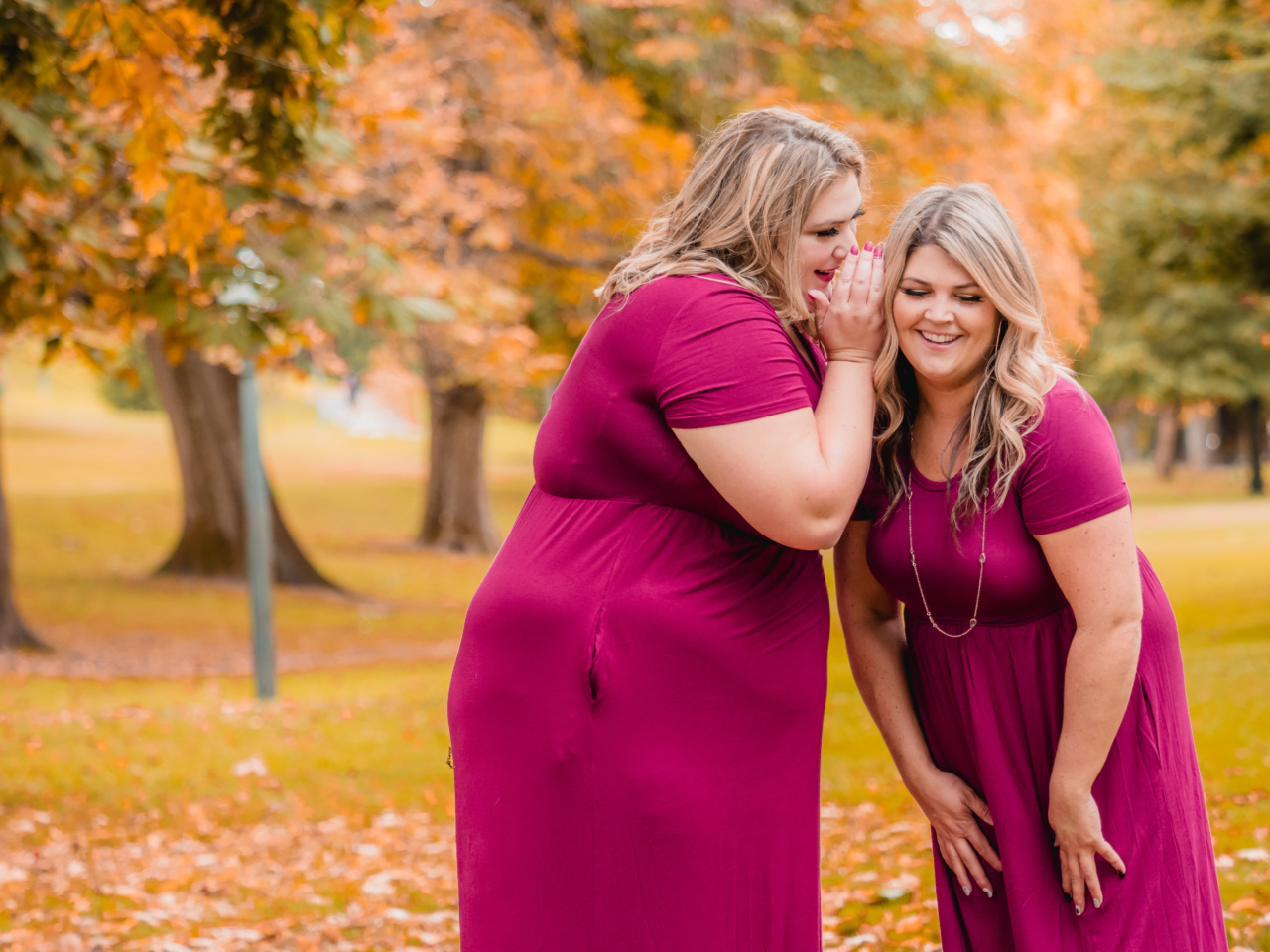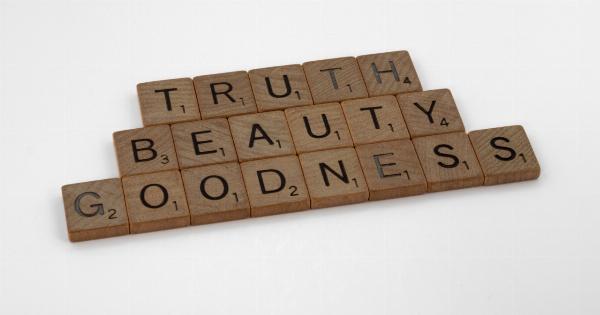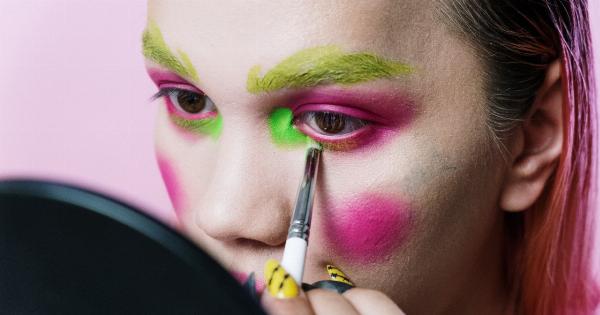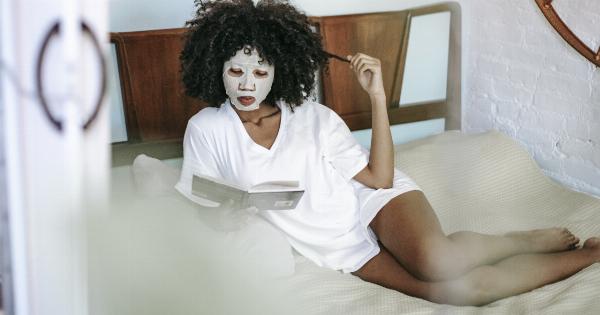Beauty is a fascinating and timeless concept that has intrigued humanity since ancient times. From the mesmerizing landscapes of nature to the breathtaking artwork of renowned painters, beauty captures our attention and stirs our emotions.
It inspires us to seek out and appreciate the aesthetic pleasures that surround us. However, beneath the surface lies a series of secret questions that delve into the very nature of beauty itself.
In this article, we will explore these secret questions that linger in the depths of our minds, challenging our preconceived notions and prompting us to reevaluate our understanding of beauty.
Question 1: What Is Beauty?
The concept of beauty is subjective and varies across cultures and individuals. One might argue that beauty lies in the eye of the beholder, making it a highly personal and intangible experience.
Some believe that beauty is synonymous with physical attractiveness, while others contemplate beauty as a multifaceted concept that encompasses inner qualities and spiritual depth.
Question 2: Is Beauty Universal?
While beauty is often associated with subjective experiences, certain elements of beauty seem to transcend cultural boundaries. The golden ratio, for example, is a mathematical proportion believed to constitute aesthetic perfection.
This ratio can be found in nature, art, and even human faces, suggesting a universal sense of beauty that resonates with people from diverse backgrounds.
Question 3: Can Beauty Be Measured?
Measuring beauty seems like an impossible task, as it relies heavily on individual perceptions and preferences.
However, researchers have attempted to quantify beauty through various means, including symmetry, facial proportions, and even brain activity. These attempts, though intriguing, still fall short of capturing the elusive essence of beauty in its entirety.
Question 4: Is Beauty a Social Construct?
Beauty standards often fluctuate over time, influenced by societal trends and cultural norms. What is considered beautiful in one era may be deemed unappealing in another.
This raises the question of whether beauty is merely a product of social conditioning. However, the pursuit of beauty throughout history suggests that there may be deeper, innate aspects of beauty that transcend societal constructs.
Question 5: Does Beauty Have a Purpose?
Some argue that the purpose of beauty is to please the senses and bring joy to our lives. Others contemplate whether beauty serves a higher purpose beyond aesthetic pleasure.
Some philosophers propose that beauty connects us with the divine, elevating our souls and inspiring us to seek meaning and transcendence in the world.
Question 6: Is Beauty Exclusive or Inclusive?
Beauty can both unite and divide us. While certain standards of beauty have been associated with exclusion and discrimination, beauty also has the power to bring people together.
Whether through the appreciation of art, nature, or personal connections, beauty can foster unity and bridge cultural divides.
Question 7: Can Beauty Be Enhanced or Confined?
Throughout history, humans have sought ways to enhance their physical appearance, from cosmetics and fashion to plastic surgery.
While these practices allow individuals to alter their appearance, they also raise ethical questions about societal pressure and self-acceptance. The pursuit of beauty can be liberating, but it can also confine individuals to narrow standards of attractiveness.
Question 8: Is Beauty Independent of Flaws?
Flaws and imperfections are inherent to the human experience. Some argue that true beauty is found in accepting and embracing these imperfections. Others believe that flaws diminish beauty, emphasizing the importance of perfection.
Whether beauty can coexist with flaws continues to provoke philosophical debates among scholars and thinkers.
Question 9: How Does Beauty Impact Well-being?
Beauty is often associated with positive emotions and has immense potential to enhance well-being. Studies have shown that exposure to natural beauty can reduce stress levels and promote feelings of relaxation.
Additionally, feeling beautiful can boost self-confidence and improve mental health. However, societal beauty standards can also contribute to feelings of inadequacy and diminish overall well-being.
Question 10: Can Beauty Be Found in the Ordinary?
While grand vistas and meticulously crafted art often captivate our attention, beauty can also be discovered in the simplicity of everyday life.
The transcendent beauty of a sunset, the warmth of a genuine smile, or the intricate patterns of a humble flower remind us that beauty resides in the ordinary, waiting to be noticed and appreciated.
Conclusion
Beauty continues to be a captivating and enigmatic subject, posing secret questions that challenge our perceptions and understanding.
Despite its subjective nature, beauty echoes through the fabric of our existence, inviting us to appreciate the world around us and find meaning in the aesthetics that surround us. While these secret questions may never have definitive answers, exploring and contemplating them broadens our perspective and enriches our experience of beauty.































